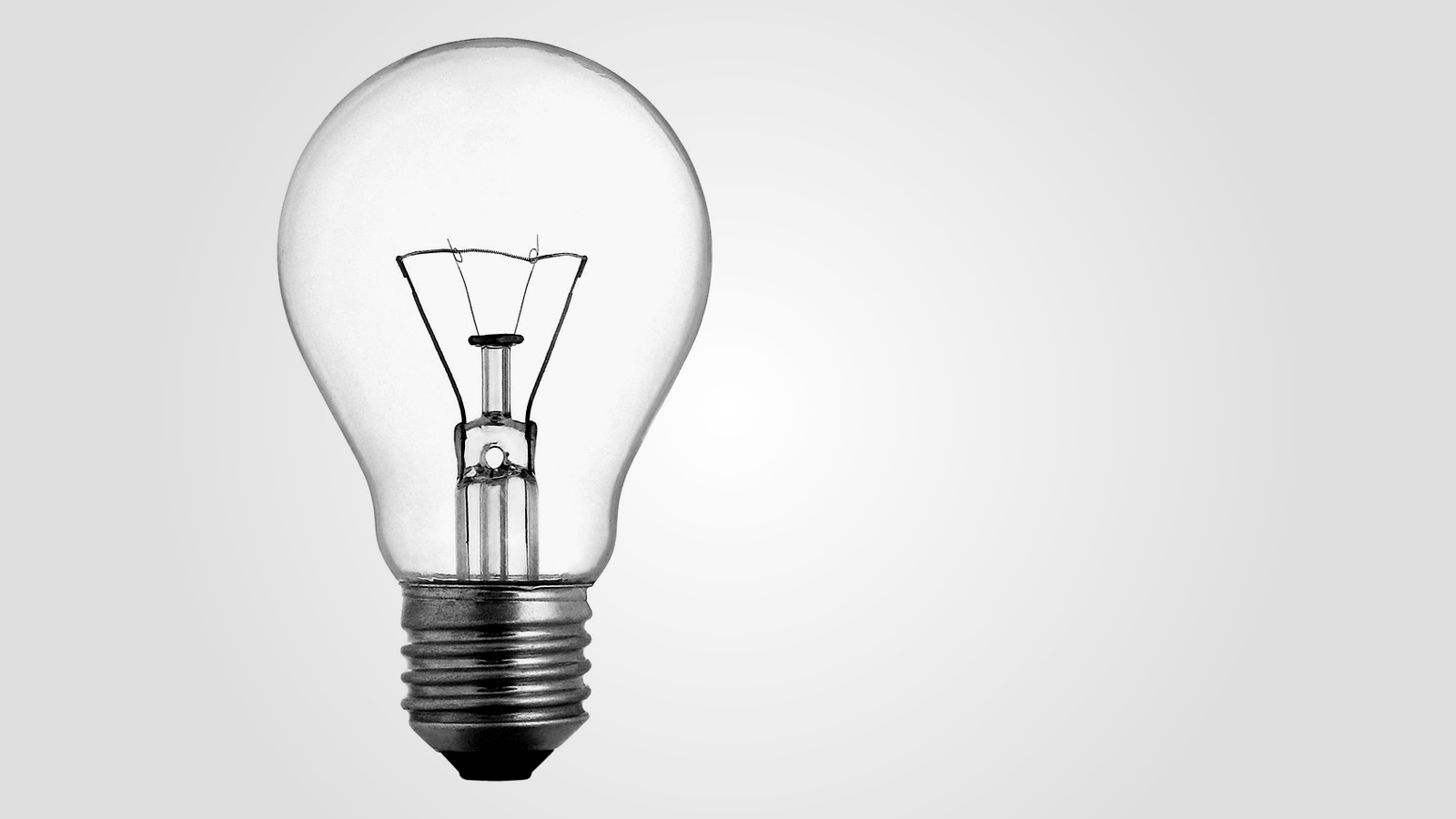“The most courageous act is still to think for yourself. Aloud.”
— Coco Chanel
Imagine an algorithm — let’s call it Voxbot — that scours the web, scooping up editorials, interviews, blogs, posts and tweets. Voxbot figures out what people are talking about, and when it finds a cluster of similar opinions, it generates content with the same slant. So it might plant a pro-abortion piece in the New York Times, for example. It’s a kind of barometer of prevailing windbags.
Now imagine we let Voxbot loose in Jamaica. What would it spit out? Maybe a fashion piece on Yendi. A glowing retrospective on Tessanne. A poem on police killings. A screed against the IMF. But also more esoteric posts, on a distaste for black-and-white movies, an affinity for Mallah chicken, nostalgia for old dancehall and scorn for the Prime Minister.
How many of your convictions would Voxbot reproduce? How many of your private thoughts would turn out to be public domain? What percentage of your personality would reveal itself to be manufactured on the assembly line of Jamaican society?
Contrary to what our mothers told us, we’re anything but special. Almost every thought we have is a slavish reflection of what those around us think, which is itself a reflection of what those around them think, so on and so on in an endless echo chamber of secondhand intelligence. Forget sophisticated computer code. Strip us down to our bare essentials — age, gender, education — and our lives would still spill forth in depressing and predictable detail. Middle-aged woman with a bachelor’s? You don’t have anything against gays, so long as it’s not in your face. Young man out of high school? You can’t wait for the English football season to start.
To be alone is to glimpse the emptiness of our lives, and our failure to matter
How did we assimilate into this bland mush? Easy. From the instant we jolt into consciousness in the morning to the moment we close our eyes at night, we are afraid of being alone. To be alone is to glimpse the emptiness of our lives, and our comprehensive failure to matter. So we push the terrifying solitude away with whatever we can find — sitcoms, soda, radio, the web, the news, pornography, social media, instant messages, apps, junk food, leftovers, liquor, loud music. Anything to delay silence, to destroy stillness, to distract us from ourselves. Our lives become a neverending effort in procrastination.
But there is a way out of the Orwellian soup of conformity. Stop. Stop doing everything you’ve been doing. Stop checking Facebook. Stop playing TwoDots on your phone. Stop falling asleep on the couch to syndicated episodes of Family Feud. Stop uploading pictures of your dog to Instagram. Stop listening to Drake (whoever he is). Stop watching comic book movies on Netflix. Instead, read. Exercise. Go outside. Invite friends over. Eat a fruit. Write. Compose. Dance in the dark. Create.
To become people we must curate our experiences
Thinking for yourself is as simple as sitting quietly. When is the last time you sat in traffic without reaching for the radio? Or sat at home without the television on? Or sat on the toilet without your smartphone? To become people we must curate our own experiences. We must cultivate interests instead of collecting them by default. We must pursue goals rather than drunkenly stumbling from event to event, day to day, occupation to occupation.
It all sounds a little New Age, but every great scientist, artist, philosopher and skeptic throughout history began with these disciplined steps. How do we know? If they didn’t, we would never have heard of them. They would have been us.
